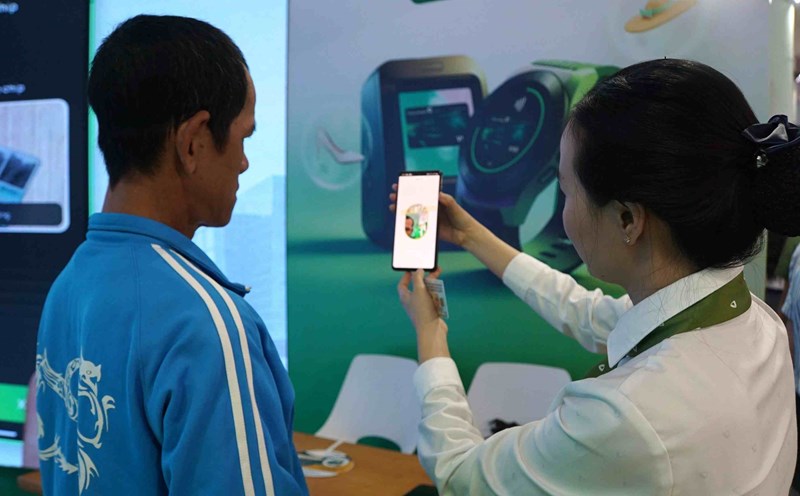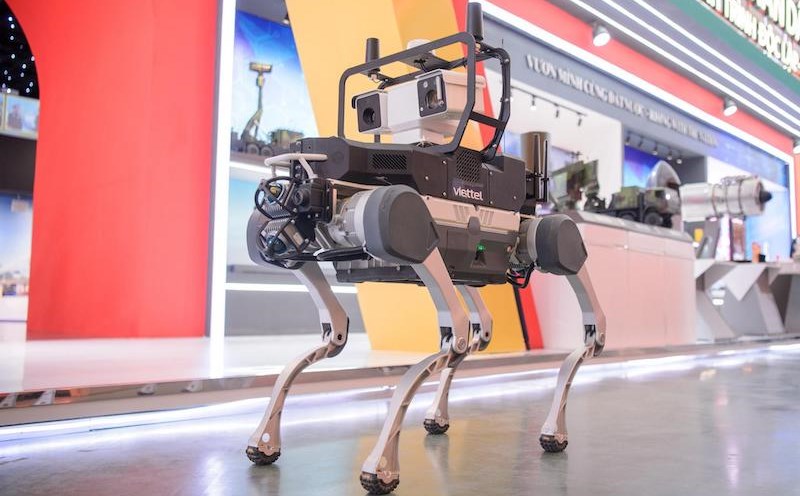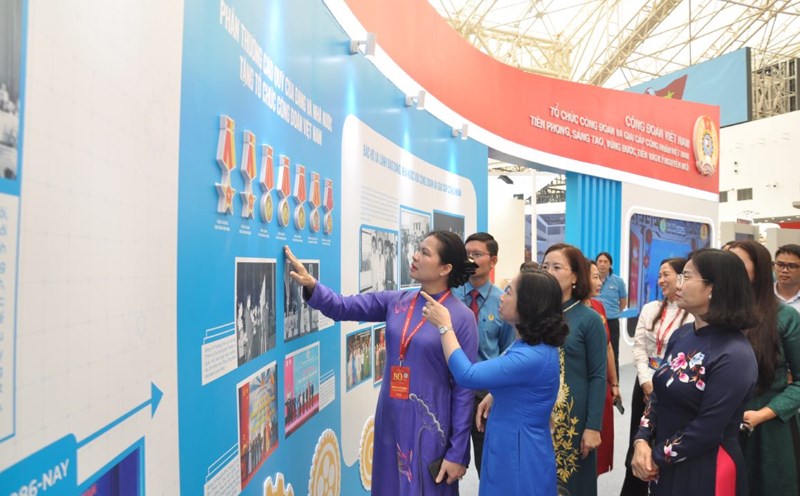This information was discussed by Deputy Minister of Industry and Trade Nguyen Hoang Long at the 15th APEC Energy Ministers' Meeting (EMM 15) taking place on August 27-28, 2025, in Busan City (Korea).
EMM 15 Conference was held with the theme "Connection - Innovation - Prosperity", with the priority of enhancing cooperation and applying technology innovation to promote sustainable development. Thereby continuing to make progress in energy transition and moving towards a low-carbon APEC region.
At the Conference, Deputy Minister of Industry and Trade Nguyen Hoang Long shared that in order to ensure electricity supply in the coming years with the goal of Vietnam's economic growth in 2025 reaching over 8% and in the 2026-2030 period reaching double digits, it is necessary to review and evaluate the ability to develop types of power sources, adjust the power source structure especially in the period up to 2030, in which priority is given to developing power sources with quick implementation time to promptly meet load demand.
Meanwhile, the Vietnamese power system currently ranks No. 1 in Southeast Asia and is in the TOP 20 largest power systems in the world in terms of capacity and is increasingly facing many challenges and new problems in operation due to the high penetration of wind and solar renewable energy sources.
Therefore, Vietnam attaches importance to and is ready to work with APEC members to strengthen cooperation in the energy sector, improve the reliability of power supply for the power system; at the same time, it hopes to receive support in finance, technology, governance, infrastructure, human resource training... to promote the completion of its goals more strongly and effectively.
According to the agenda, the Conference focused on discussing 3 energy issues in the region:
Expanding power to ensure stable supply: The Ministers discussed policies and technological solutions to diversify energy sources, improve flexibility, durability and stability of the power system. Sharing experiences in building a framework to support investment and operate the market effectively. At the same time, the role of the public-private sector in mobilizing resources and promoting innovation to ensure sustainable, safe and reliable power supply from diverse energy structures was discussed.
Strengthening the security and reliability of the power grid: The Ministers shared the main challenges that APEC economies are facing, such as rapidly increasing electricity demand, limited transport infrastructure, diversity of renewable energy sources and increasingly complex requirements for managing power systems.
Therefore, expanding transmission infrastructure, modernizing the smart grid, developing energy storage systems and promoting cross-border power connectivity, along with enhancing regional cooperation, are the keys to improving flexibility, durability and reliability of the power system.
At the same time, APEC members need to strive to build a transparent, predictable policy framework and create favorable conditions for the private sector to participate in investment, technological innovation to ensure energy security and promote sustainable development.
Artificial Intelligence (AI) promotes innovation and creativity in the energy industry: Ministers share the potential of AI in improving energy management efficiency, forecasting demand, optimizing operations and strengthening security and reliability of power systems.
In addition to opportunities, the application of AI also poses challenges to increased electricity demand from data centers, as well as requirements for a legal framework, technical capacity and transparency in implementation. Therefore, promoting regional cooperation, sharing experiences, building support policies and mechanisms to ensure safe, responsible and reliable deployment of AI are key factors to accelerate AI-based energy innovation, contributing to building a sustainable, safe, modern and innovative energy system in the entire APEC region.
On the development of artificial intelligence (AI): promoting international cooperation on AI is one of Vietnam's national strategic orientations until 2030. Vietnam welcomes initiatives to promote AI application in the energy sector at the regional and economic levels, including recommendations from the APEC Business Advisory Council (ABAC) regarding the urgent need for data centers. At the same time, we are ready to cooperate with APEC members in developing AI infrastructure, transferring technology and training high-quality human resources, contributing to building a sustainable, safe and innovative energy system.










